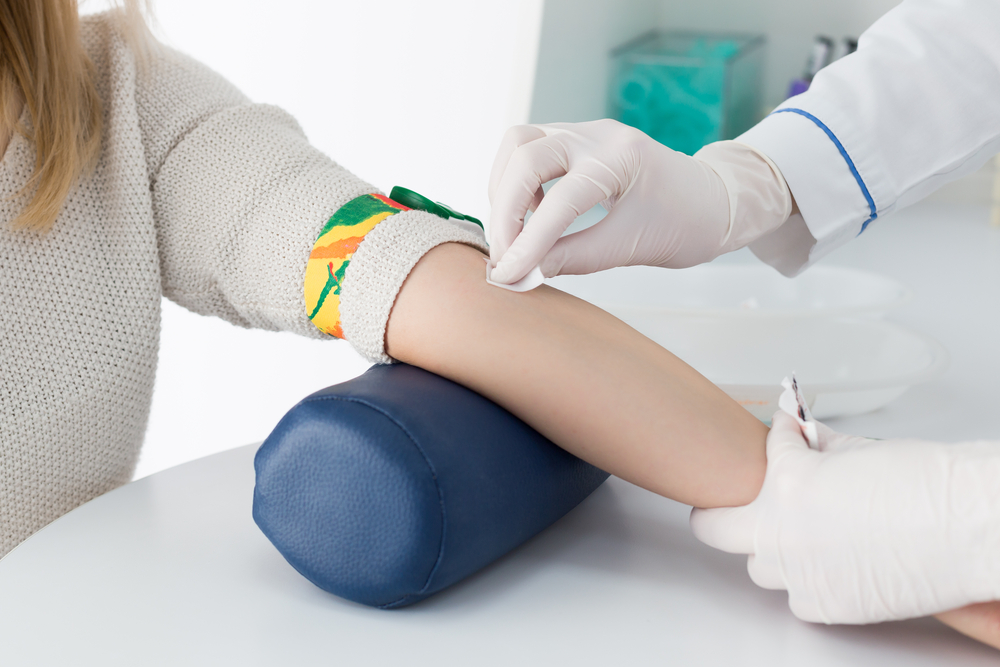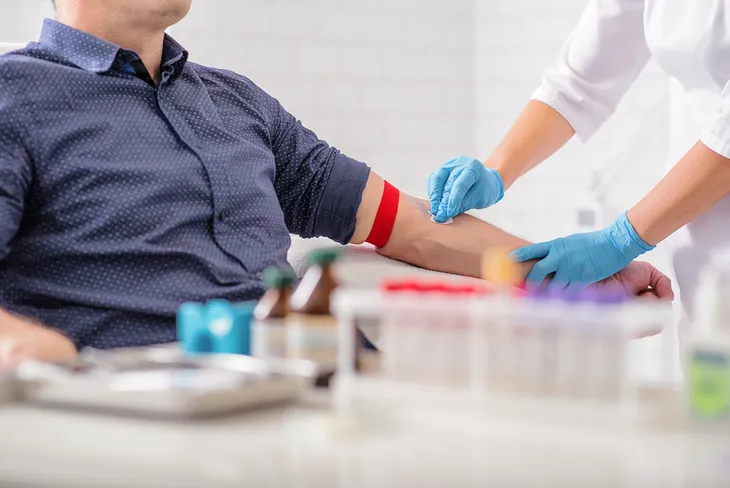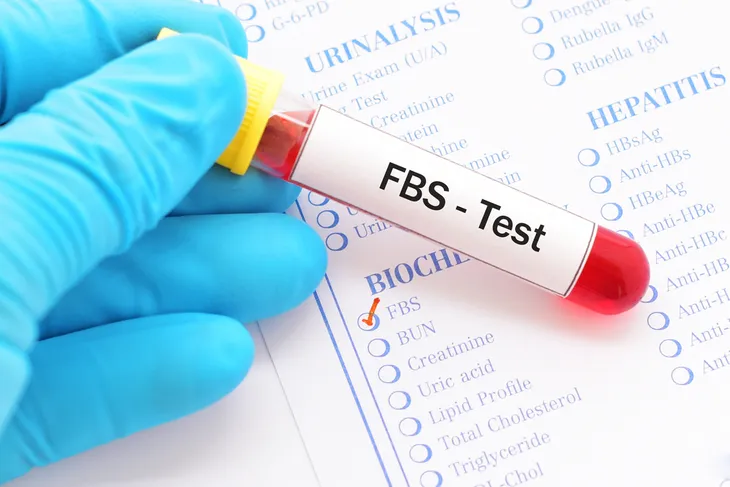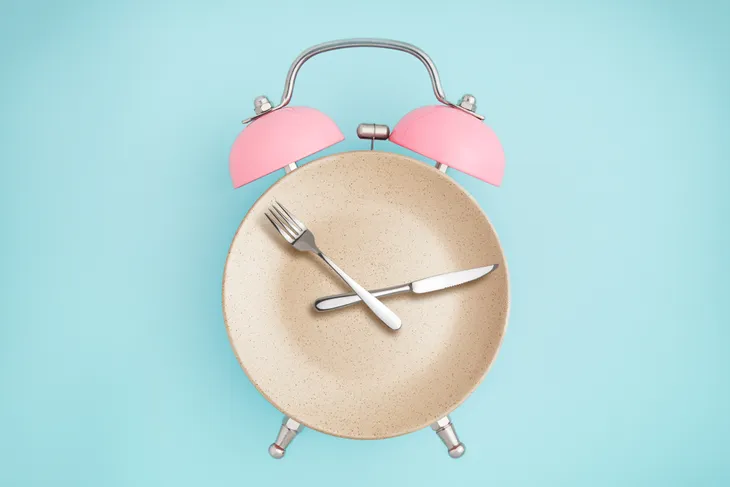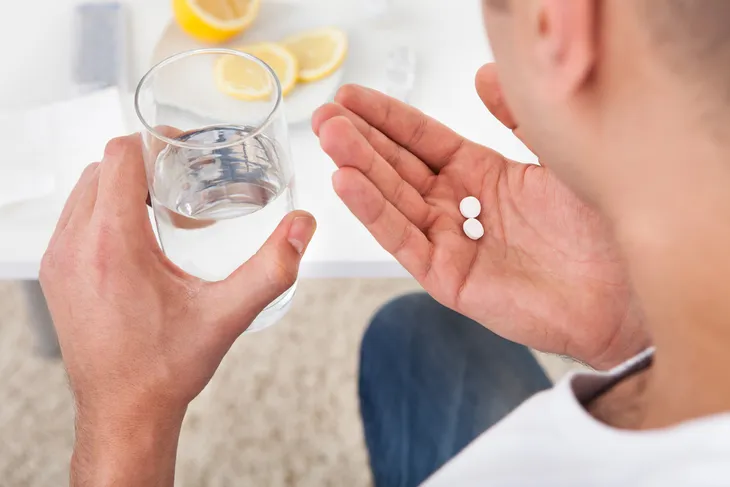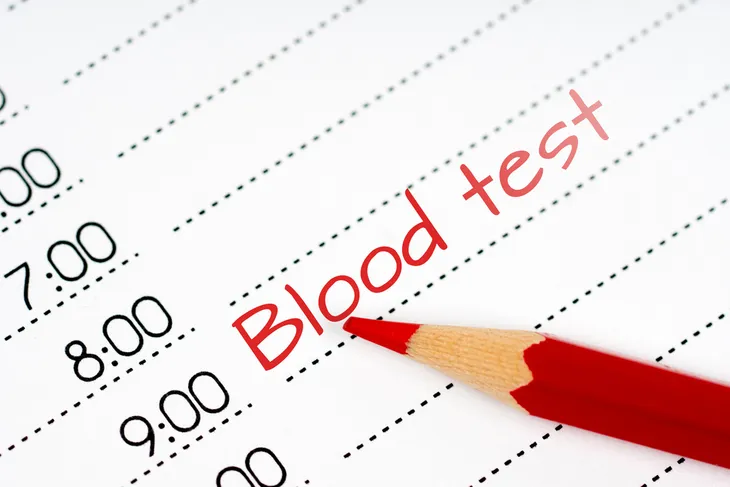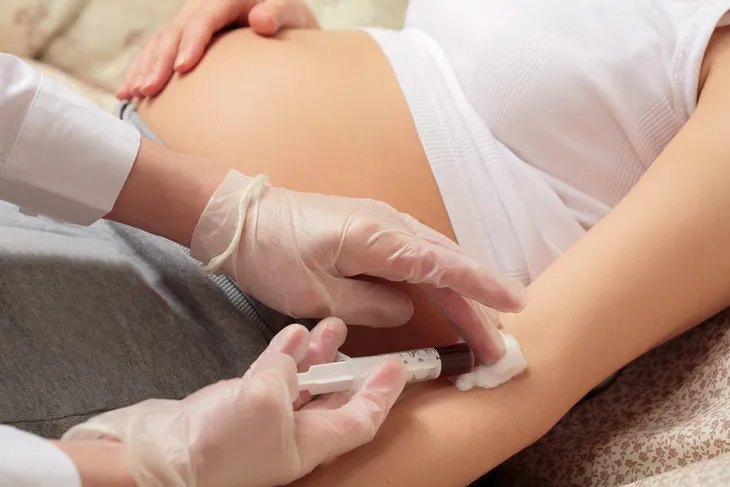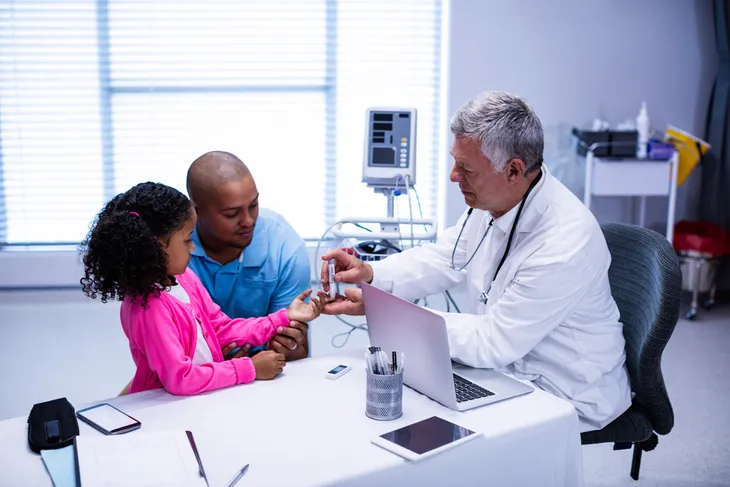Before a blood test, one common request doctors make is that you fast (no eating or drinking). This isn’t the case for all blood tests, but some do require that the patient fast beforehand to ensure more accurate results. While it’s great to get more accurate results, fasting for a blood test can be hard and requires some planning on your end, such as doing the test first thing in the morning rather than in the middle of the day.
We are here to teach you everything you need to know about fasting for a blood test. What you can and cannot eat, how long you need to fast, and so much more. We promise your doctor isn’t trying to make you hungry or irritable by scheduling a fasting blood test. He or she wants to get the most accurate results and give you the very best care possible. Here is everything to know about fasting for blood tests.
Why You Need To Fast
Fasting blood tests are necessary for certain tests where food and drink can interfere with the results. If you were to eat or drink before these tests, you would receive inaccurate results. According to Medline Plus, “When you eat and drink normally, those foods and beverages are absorbed into your bloodstream.”
Fats, carbohydrates, sugar, and so much more can cause you to have falsely elevated blood test results. Having inaccurate results can lead to a misdiagnosis and your doctor prescribing medications or procedures you don’t need. Always follow the orders regarding your blood test to get the best results and the care you need and deserve.
Which Blood Tests Require Fasting
Not every blood test requires that you fast. The most common types of blood tests that require fasting are blood glucose tests and lipid tests. There are several other tests that may limit what you can eat but don’t need you to completely fast beforehand.
A blood glucose test measures your blood sugar levels. The most common type of this test is termed a fasting blood glucose. Another, less common “type of glucose test is called a glucose tolerance test. For this test you will need to fast for 8-hours before the test,” reports Medline Plus. When you arrive at the testing location, they will do a blood test, have you drink a special glucose drink, and then do another blood test a couple of hours later.
A fasting lipid panel is a test that measures your, “triglycerides a type of fat found in the bloodstream, and [total] cholesterol, a waxy, fat-like substance found in your blood and every cell of your body,” says Medline Plus. Your total cholesterol is further categorized into three subtypes: low-density lipoprotein (LDL or “bad”) cholesterol, high-density lipoprotein (HDL or “good”) cholesterol, and very low-density lipoprotein (VLDL) cholesterol. If you were to eat or drink before this test or a blood glucose test, it would show inaccurately high results.
How Long You Need To Fast
How long you will need to fast depends on the type of blood test you are getting. However, most tests will require you to fast for 8- to 12-hours. Always double-check with your doctor on how long you will need to fast.
Here is our best tip–schedule your fasting blood test first thing in the morning. This way you will be sleeping during the majority of your fasting time. You’ll avoid feeling hungry all day and can have your morning coffee or breakfast immediately after the test.
Food and Drinks That Are Allowed While Fasting
For a fasting blood test, the only thing you can have is water. This means no coffee, juice, alcohol, soda, and of course food. Medline Plus also recommends against chewing gum and smoking cigarettes, as these can affect your results.
Let’s focus on the one thing you can have while fasting, water. Drinking plenty of water before your blood test will keep you well hydrated and may even make your blood test process go more smoothly. When you are well hydrated, your veins will be plumper. This can make it easier for the phlebotomist (the person who collects your blood for the test) to gain access to your vein and draw the amount of blood necessary for testing.
Taking Medications While Fasting
Most of the time you can take your regularly scheduled medications while you are fasting, but it’s always best to check with your doctor beforehand. You may not be able to take medications that need to be taken with food. But always check first with your doctor.
If you are taking a short-term medication that you need to take with food then try and schedule your blood test for when you’ll be done with the medication. Healthcare professionals want to work with you and are generally willing to work around your schedule when they can.
Oops! I Ate or Drank Before My Test
Did you slip up and forget that you couldn’t have coffee or eat breakfast? Don’t worry, you’re not the first person this has happened to. Pick up the phone and call your doctor or the center where you were to report for your blood test. Explain what happened and they will give you instructions on your next steps. The likely response will be that you need to reschedule your fasting blood test.
Next time, before you go to bed the night before your test put a sticky note on your coffee maker or fridge as a reminder that you can’t eat or drink in the morning.
Eating and Drinking After Your Blood Test
As soon as you are finished with your blood test you can eat and drink. We recommend bringing a snack along with you to your blood test so you can eat that as soon as you’d like. It’ll give you the extra energy boost that you need. Drink lots of water to replenish yourself after your test and to keep yourself well hydrated.
Tips for Fasting
Our best tip for fasting before your blood test is to schedule your test for early in the morning. This way you will have slept through the majority of your fasting time and won’t be tempted to break the fast. Our other tips are to drink plenty of water and to take your medication unless your doctor instructs you not to.
One last thing, don’t exercise while you are fasting. This can also change your testing results. Just wait until you have completed your blood test, have a snack, then go for your run or workout.
Fasting During Pregnancy
Unfortunately, pregnancy isn’t an automatic pass from fasting for certain blood tests. In fact, most pregnant women will need to do a fasting blood glucose tolerance test during their pregnancy, usually between 24 to 28-weeks. As with everyone else, we recommend scheduling this test early in the morning and drinking plenty of water to stay hydrated.
Pregnant women are more prone to feeling nauseous, especially when they have an empty stomach. If this is the case for you, talk to your doctor about scheduling your test when you are feeling better to avoid any extra trips to the bathroom!
Fasting Blood Tests for Children
We don’t envy the parents of a fasting toddler! If your child needs to have a fasting blood test talk to your pediatrician to get all the facts to make sure you do not need to repeat the test. Ask exactly what your child can and cannot eat and drink and how long they need to fast for. You don’t want to walk into the testing center thinking your child needed to fast for 12-hours when it only had to be 8-hours.
Once you have all the information, make sure you schedule the test first thing in the morning. If your child is old enough, explain what is happening and reassure them that he or she will be able to eat as soon as the test is done. If your child is having a hard time, distract them with whatever it takes, such as toys, an iPad, or TV; a little screen time can save them from running off to sneak a snack, which is well worth it in the end.
